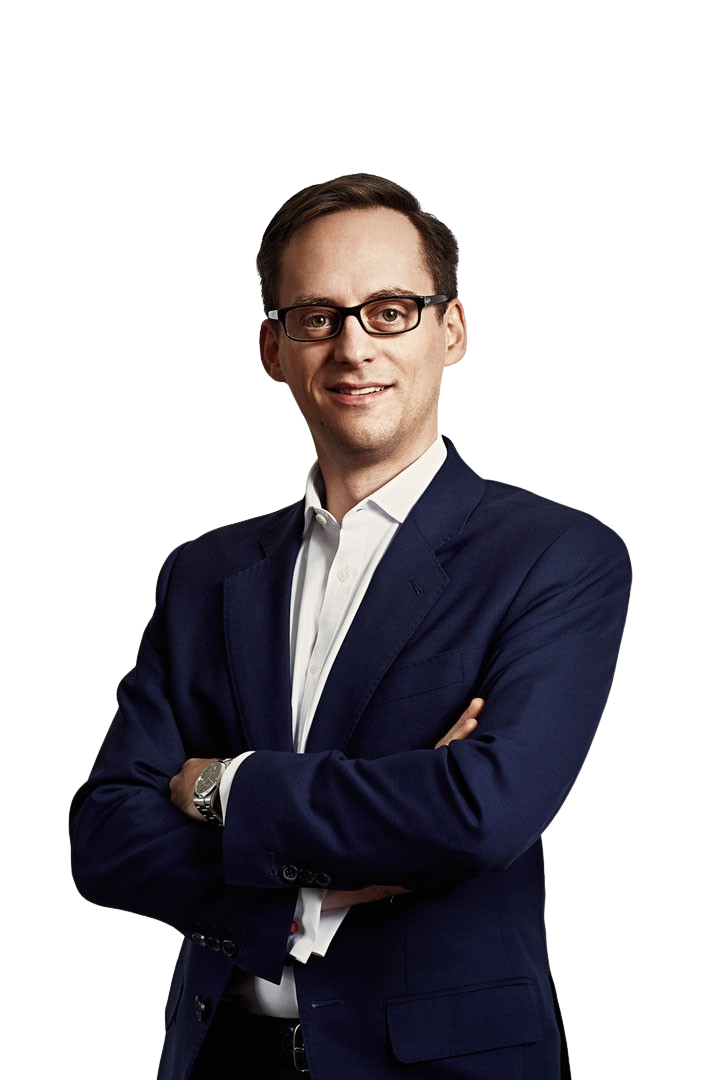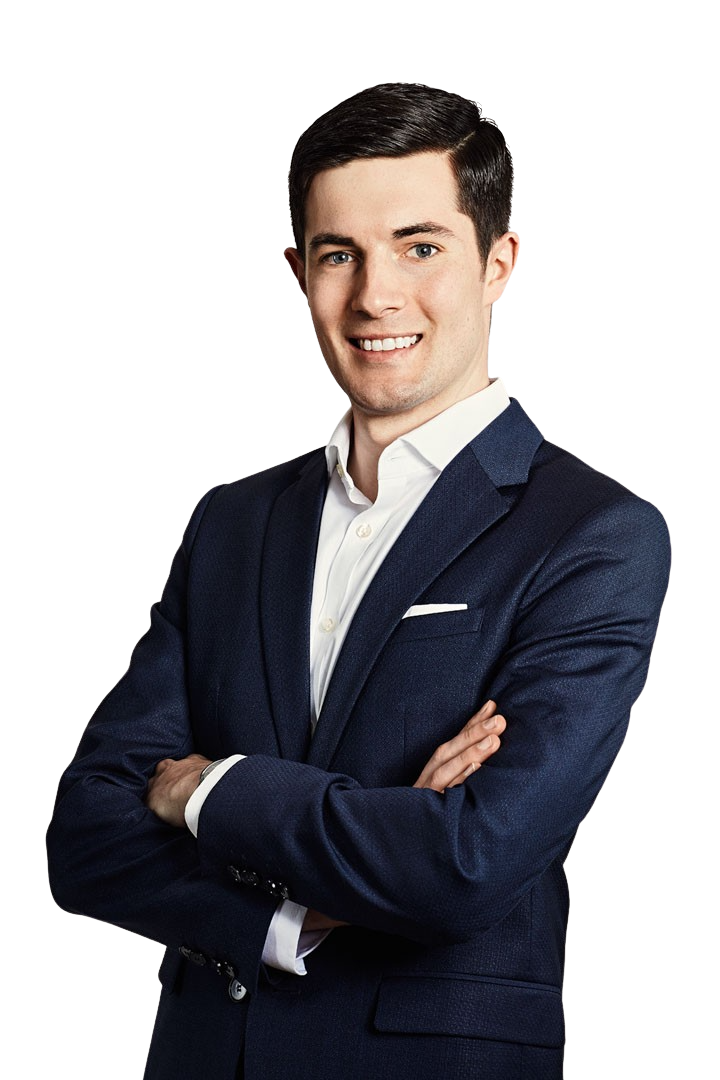be software. Volkswagen’s chairman Herbert Diess
has described software as the biggest test of the coming change, forecasting that it will eventually account for 60-70% of vehicle product differentiation.
The reason lies in the nature of the product: the electric car of the future will always be connected, updatable and mostly self-driving, and be part of an everexpanding, integrated mobility services ecosystem.
Berylls Strategy Advisors expects that by 2030 the
proportion of vehicles worldwide that are connected,
upgradable beyond just infotainment, and may even
support autonomous driving, will sharply increase
from less than 5% to 37%. Meanwhile, connectivity
will progressively expand beyond online services for
“connected” cars to software updates for the entire
vehicle system, including critical safety functions such
as driver assistance.
Greater connectivity will enable continuous innovation, even after the vehicle has been sold, as customers purchasing decisions continue to shift away
from traditional selling points such as engine power
and torque to software functionality and over-the-air
(OTA) update capability.
Tesla is an example of how public perception of electric cars is now being significantly influenced by the
innovative potential of software. Founded in 2003,
the California-based company’s status as the leading
pioneer of software-defined vehicles has propelled
its meteoric rise to a market value of around $689bn
in August 2021. Tesla is now the most valuable car
manufacturer of all time, worth more than Toyota
and Volkswagen combined, even though the latter
companies respectively delivered 14.7 times and
12.7 times as many vehicles as Tesla in the first quarter of 2021.



